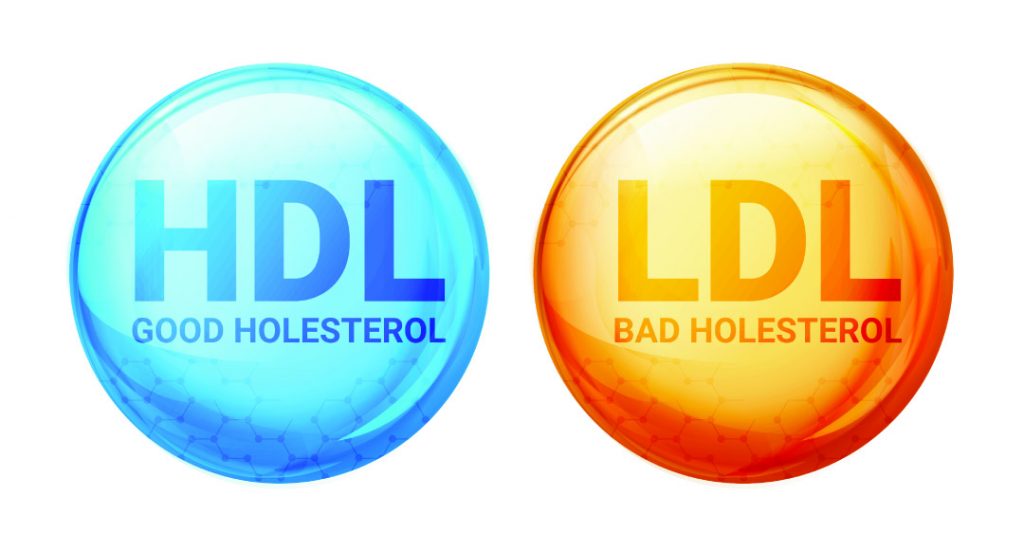Arq. Bras. Cardiol. 2022; 119(5): 722-723
Antiinflammatory and Cardioprotective Effects of HDL-C: Association With Autoantibodies Against Oxidized LDL?
This Short Editorial is referred by the Research article "Positive Association between Autoantibodies Against Oxidized LDL and HDL-C: A Novel Mechanism for HDL Cardioprotection?".
The accumulation of lipoproteins containing apolipoprotein B (ApoB), mainly low-density lipoprotein (LDL), in the arterial intima has been attributed to one of the initial steps of atherogenesis. In other studies, oxidized LDL and macrophages are the main pathogenic factors for the development of atherosclerosis., In turn, there is increasing evidence of the protective role of autoantibodies against oxidized LDL (oxLDL-AboxLDL-Ab in atherogenesis, a fact that can be potentiated by high-density lipoprotein (HDL).,
In this volume of Arquivos Brasileiros de Cardiologia, Nunez et al. evaluated the hypothesis that individuals with higher levels of HDL-C would have elevated levels of oxLDL-Ab. This is a cross-sectional study that included 193 consecutive healthy individuals aged ≥ 18 years and excluded patients with coronary artery disease (CAD), stroke, secondary causes of HDL elevation or reduction, use of lipid-lowering drugs, alcoholism, and smoking. The subjects underwent a detailed physical examination, blood pressure measurements and carotid ultrasound, in addition to biochemical analyzes of peripheral blood. Participants were divided into tertiles, according to HDL-C levels: low (< 68mg/dL: n = 59); intermediate (68-80 mg/dL: n=71) and high (>80 mg/dL: n=63).
[…]
Keywords: Atherosclerosis; Cholesterol, HDL; Lipoproteins, HDL
661

